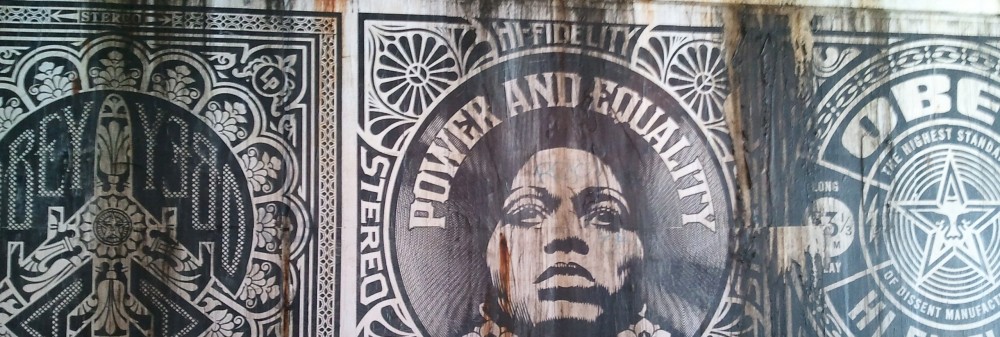1000 km to Berlin
Cross-X in Austria, conditions
making the trail half-ice, granular
in the afternoon’s plus-four air,
still it was possible to ski
in the Guttenbrun forest where
Marcshall Stuben’s son, after the war,
marked his father with a near-lake stone
for having been first to bring
this flatter form of motion to the firs:
swimming across frozen water,
rowing with the body on good snow;
a sport measuring slow country hours.
First time, you sat down, got up often.
That night your dreams fell far, mindful
of a burnt-away green shell. Stumbling
you were the creature from the lagoon,
an experiment gone wild, weak in the knees;
but before an hour, mounting, you’d gained
a sense of ski and thigh, arm and swing,
began to follow through, equal
to the curving tracks and melting’s push.
At the third kilometre, I turned for you,
saw a bundled dumb motion in the trees,
knocked back together, inching to me,
and my instant fond ridicule transformed
to gratitude for your innocence.
What we can learn is from ignorance;
after love, the most tender act is teaching.
Later, when you’d gained your snow-legs,
we swooped faster in jagged unison. Tiring,
stopped to lean and see word-mist, found
a stern board planted, a moon flag
in the isolation of our halting. The trunks
lifted all sides of the dusk like blankets
parents wave above their children’s
heads, for fun drowning in sheets.
It was night in an hour. Here Christmas
was a permanent occupation. The sign:
1000 km to Berlin, saying these long-lived
artifacts of wood were trucked each season
the clean, exact distance to that city,
whose rings, of history, deep evening,
were lit with new growth after cold burial.
In truth, we would’ve barely seen the sign
if not still breathing the last hill’s exertion.
We had another hour or so of your learning
and falling and brushing off – intermittent
with smoother gains. After water between us,
we gripped our thin poles again:
sloping westward, away from Berlin.
An Essay On Violence
The child is dead whose eyes were kept
Open by French Soldiers in Algeria, so that she
Could watch. In Kosovo, a grandfather
Ate his grandson’s liver in front of a tied father.
This is the terror they speak of: this is what they’re terrified
Of: this is what the red alerts are about. The ones who stole
The land – and in return gave precious little – but an image
Of freedom, a mirage of love, a promissory note for a god.
Violence is what the Earth did at Pompeii and Krakatoa;
It is the state as the law sees it, as the state wishes it done.
The need to sculpt a statue of pure violence out of stone.
Violence is the decision to supply munitions
To both sides in a conflict; it is the brokering of agreements
That must be enforced. Violence is the pseudonym of any nation.
Violence is the reason sex tastes of Eden;
And even one body can do violence to itself.
Todd Swift was born in Montreal, Canada, on Good Friday, in 1966. He is a Lecturer at the Kingston Writing School, Kingston University, Surrey and has a PhD from the University of East Anglia. In 2010, he co-edited Modern Canadian Poets (Carcanet, 2010) with Evan Jones. He has a collection forthcoming from Tightrope Books in 2012 and is currently editing Lung Jazz: The Oxfam Anthology of Young British Poets (2012) with Kim Lockwood. His most recent collections are Seaway: New and Selected Poems (Salmon Poetry, 2008) and England is Mine (DC Books, 2011). He is married and lives in London.
